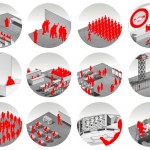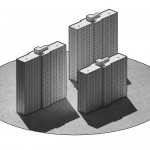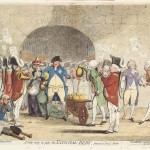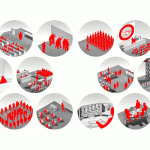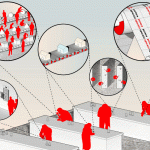
Workerism Beyond Fordism: On the Lineage of Italian Workerism
The system of thought that has come to be called “Italian workerism” is not an organic system. Nor is it contained in any fundamental text, any sort of Bible. It is instead composed of different theoretical contributions from some militant intellectuals who founded the journals Quaderni Rossi and Classe Operaia.
 Viewpoint Magazine
Viewpoint Magazine
